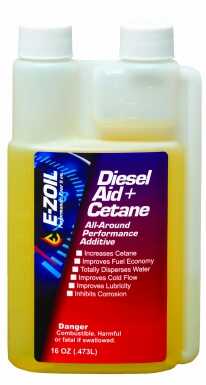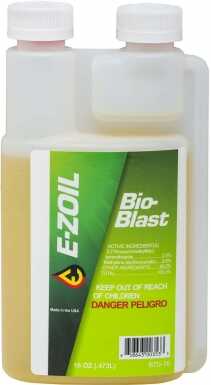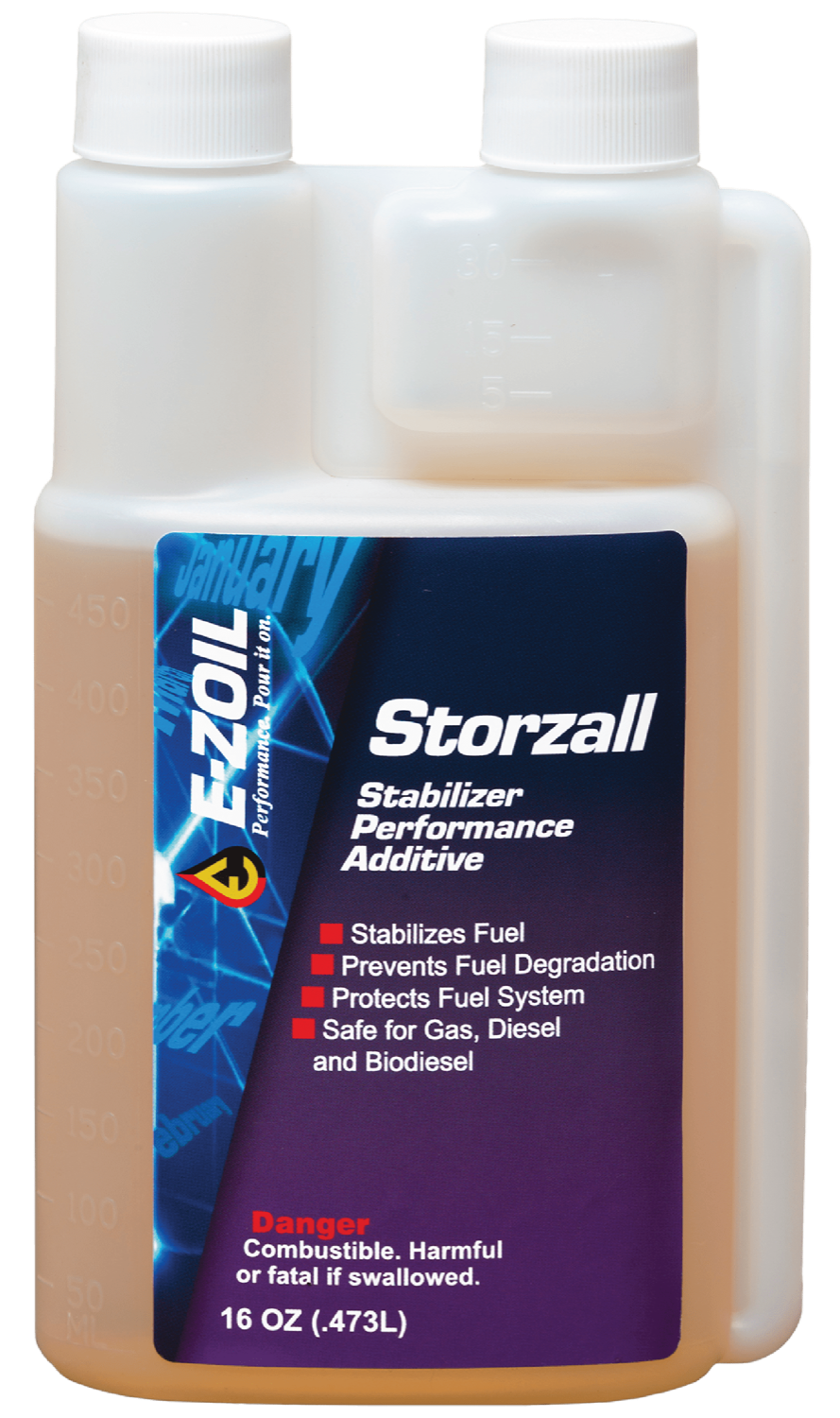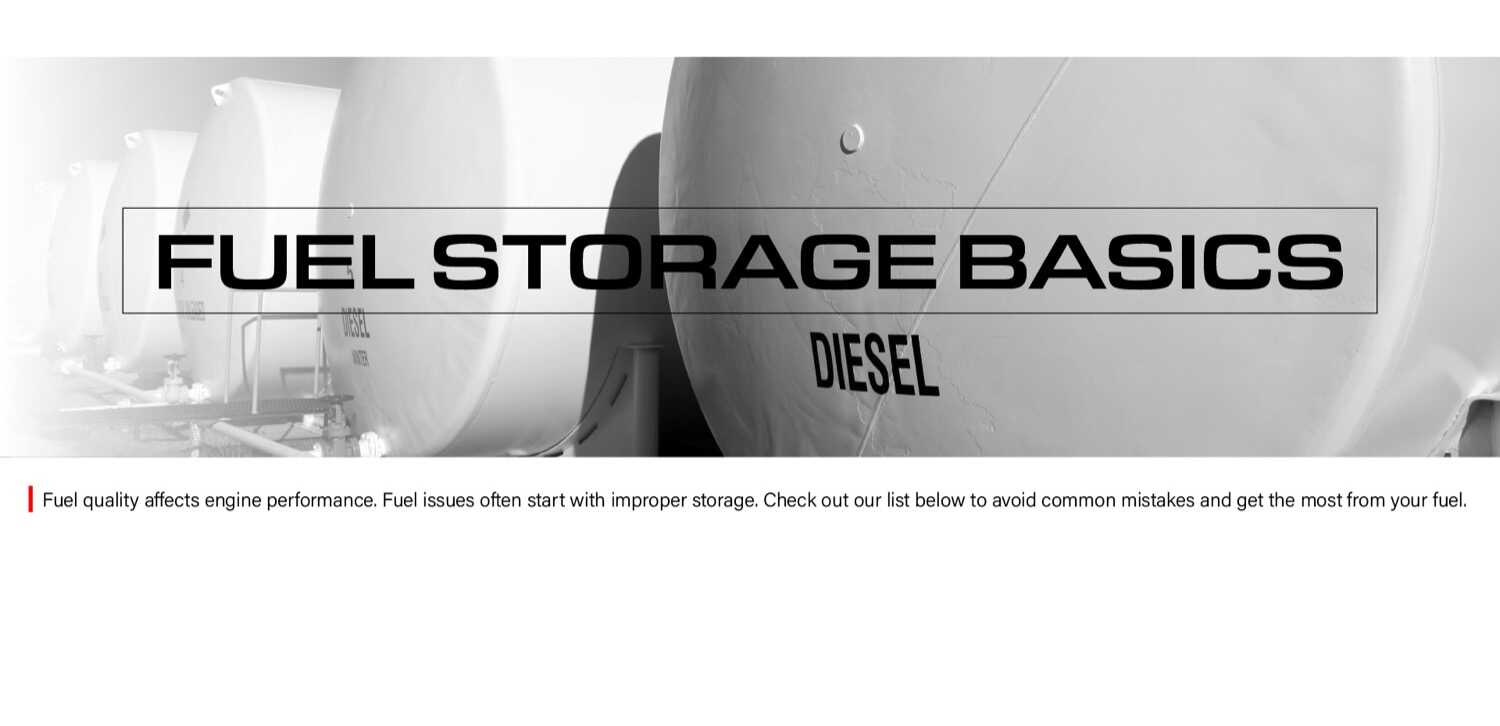DIESEL FUEL STORAGE BASICS
WHY DOES DIESEL FUEL STORAGE MATTER?
It has long been understood that good quality diesel fuel is essential to optimum engine performance. Poor quality diesel fuel leads to reduced engine power, reduced fuel economy, increased maintenance, and increased downtime. Fuel quality problems are typically the direct result of poor fuel storage practices.
WHAT ARE COMMON DIESEL FUEL STORAGE PROBLEMS?
There are three main problems associated with the storage of diesel fuel.
1. Diesel fuel almost always contains some amount of water. Water accumulates in the fuel as a result of condensation. Poor fuel storage practices exacerbate this problem. To make matters worse, ultra low sulfur diesel (ULSD) is a hygroscopic fuel. This means that it attracts and absorbs water from the atmosphere. The problem with water is that it doesn't contain any lubricity and causes premature failure of critical fuel system components including fuel pumps and injectors. Water also corrodes metal parts such as storage tanks since it typically sits at the bottom of the tank.
2. Stored diesel fuel is plagued by oxidation. Oxidation is the interaction of oxygen molecules with the fuel. Diesel fuel can degrade in as little as 3 months because of oxidation. This results in the formation of gums and varnishes throughout the entire fuel system. Gums and varnishes can even form on the tips of injectors and, in the case of common rail injection systems, on the needle guide and control valve plunger. These latter deposits are known as internal diesel injector deposits. All of this causes fuel starvation, poor atomization, loss of power, and reduced fuel economy (miles per gallon).
3. Diesel fuel is often infected with microorganisms. Microorganisms, also known as microbes or fuel bugs, consist of bacteria and fungi. Fuel bugs are present in the fuel that contains water. And, since most fuel is contaminated with water, most fuel is also contaminated with fuel bugs. On top of everything else, sulfur is a natural biocide and ULSD contains 97% less sulfur than its predecessor, low sulfur diesel (LSD). Fuel bugs result in the formation and accumulation of sludge at the bottom of the fuel tank and corrosion of metal parts as a result of the excretion of acids, which causes premature fuel filter failure and expensive repairs.
WHAT ARE GOOD DIESEL FUEL STORAGE PRACTICES?
To prevent these issues from causing problems, the following steps should be taken.
1. Purchase fuel from a reputable supplier. Quality fuel appears clear and bright and is free from particulate contamination.
2. Keep fuel cool. Heat accelerates fuel degradation.
3. Add a diesel fuel additive formulated to remove water and/or use a fuel/water separator filter.
4. Add an anti-oxidant or stabilizer to prevent rapid deterioration.
5. Treat the fuel with a biocide to prevent the proliferation of microbes.
6. Top off storage tanks leaving just enough headspace for expansion and contraction, but not too much for condensation.
7. Use an air filter on the storage tank vent. Some filters not only prevent particulate matter from entering the tank but also absorb moisture.
Filters are even more important in environments that are dusty and/or contain high humidity.
WHICH E-ZOIL PRODUCTS IMPROVE DIESEL FUEL STORAGE PERFORMANCE?
Storing fuel? Consider treating with these four products to prevent oxidation, corrosion, and headaches caused by these problems!
DIESEL AID |
DIESEL AID + CETANE |
BIO-bLAST |
STORZALL |
 |
 |
 |
 |
WHICH E-ZOIL PRODUCTS ARE RIGHT FOR ME?
Have a specific need? We can help! Here are three common scenarios you can prevent with simple preventative maintenance.
water contamination |
oxidation |
microbial contamination |
|---|---|---|
  |
   |
 |
CONCLUSION
Poor diesel fuel storage practices result in the presence of water and microorganisms and the occurrence of oxidation. These three problems result in reduced power and fuel economy and increased downtime and maintenance. Good fuel storage practices combined with the use of quality diesel fuel additives will substantially reduce the incidence of these problems and keep your customers' vehicles running smoothly.

